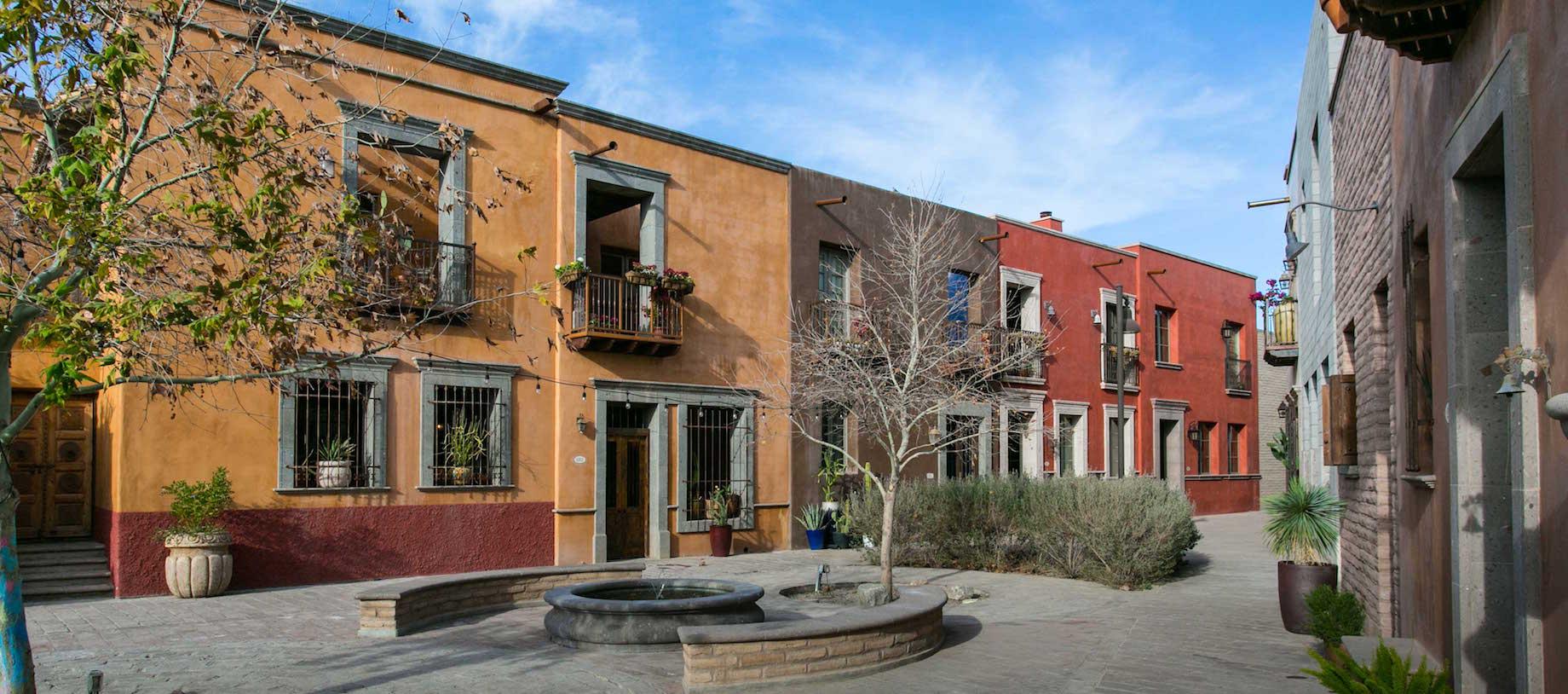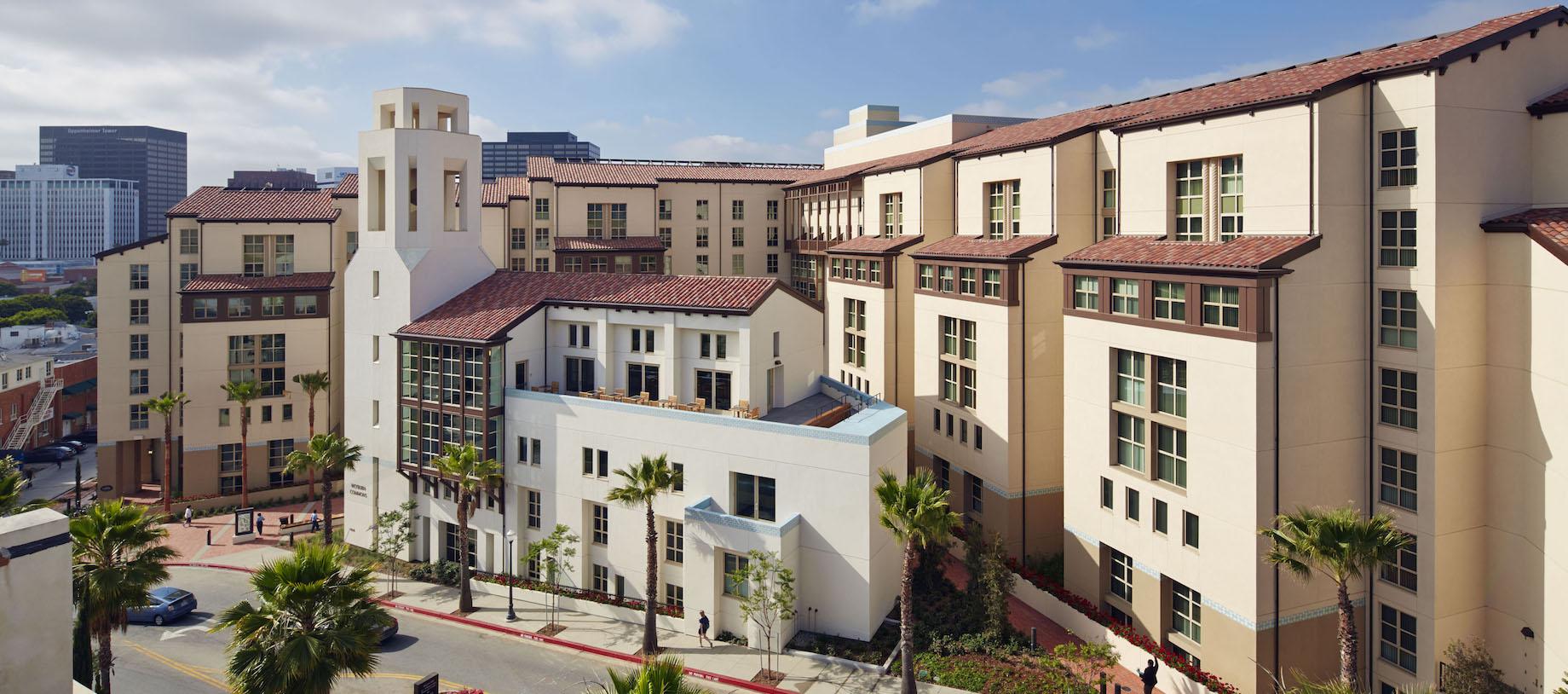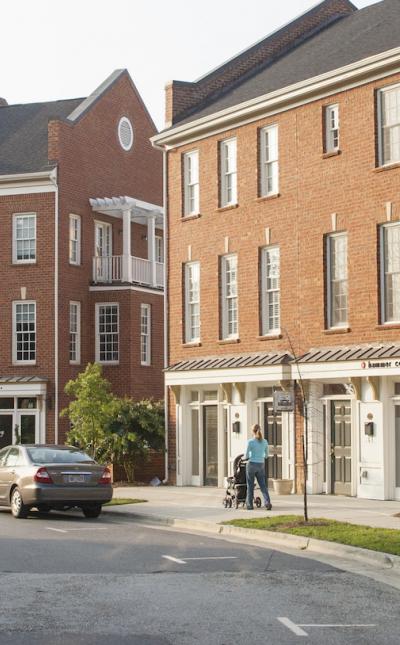There isn’t much magic in getting something provocative, well-written, and economical onto the op-ed page of most regional newspapers. Editors are more receptive now to good submissions than 5 or 10 years ago, in large part because their potential writers have so many online outlets. Here are a few general principles for getting an op-ed published in a regional newspaper.
Have something provocative to say about something important.
Something either in the news or that should be in the news.
Contact the editor who is in charge of the opinion pages.
In many cases, this person will hold the title of editorial page editor. Ask if the newspaper is interested in a piece on a certain urgent subject, and obtain the guidelines (length, how to submit). Check online to see if the guidelines might be available there.
Chat with the person you know in advance.
If you know or are connected to the editor, editorial page editor, or someone in the editorial page department (sometimes called the editorial board), reach out, as it may help the process. Alternatively, without discussing it in advance (and running the risk of getting the idea rejected) submit a tight, punchy, polished piece via email, with text pasted into an email.
Keep it short & tight.
You can say a lot in in 750 words, especially if you polish and whittle on a 900-word draft. The newspaper staff may find it hard to resist.
Here are some additional ideas to keep in mind:
- The local angle is a particularly powerful tool for getting an op-ed accepted. This is true for national publications, such as The Washington Post and The New York Times (NYT), as well as regional papers. Most op-eds in national publications have incorporated distinctively local angles on national issues.
- Do not assume the editorial page will edit your article. Whatever you send in, assume it will be published as is, if it were accepted. This has been true for several op-eds recently published in Florida’s regional newspapers. National papers will still substantially edit your commentary and you can expect 2-3 rounds of edits.
- 750 words is still long for almost all newspapers, except The Wall Street Journal (WSJ) and, occasionally, the NYT. The WSJ will publish up to 1,500 words, but often these are op-eds that started shorter and were expanded at the discretion of the editorial writers. Most papers would rather have 500 words, but 750 words will work if they like the topic and it’s well written.
- If you have a relationship with an editor, don't be afraid to follow up if you haven't heard something definitive after you submit. Think about it as another opportunity to deepen your relationship with the editorial staff.
- If you do not have a relationship, check the newspapers submission guidelines. If they say the will get back to you within a certain number of days, you can (and they want you to) assume that they have passed on the submission.
- Don't be discouraged if they pass up on your op-ed. Editorial pages are looking for timely pieces, and you have many more publishing opportunities with blogs and targeted websites.
Written by Jack Davis.


















